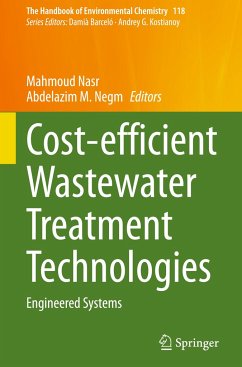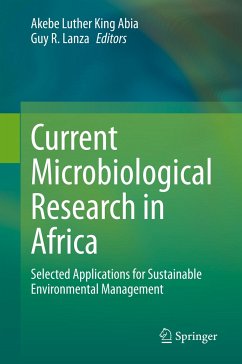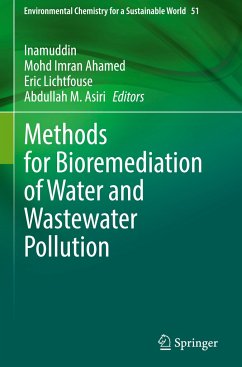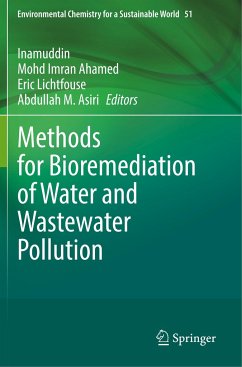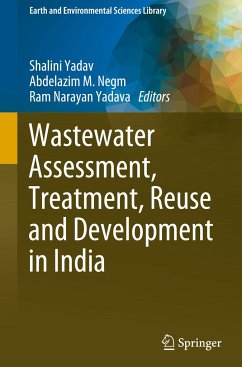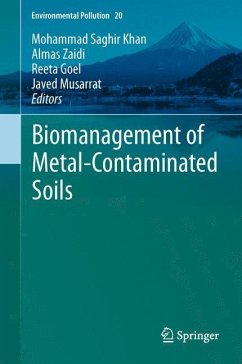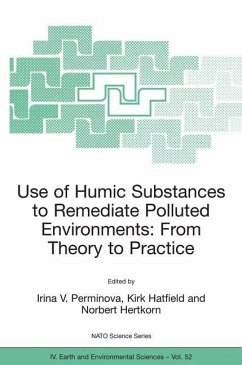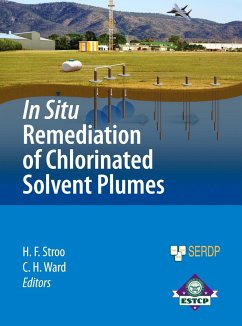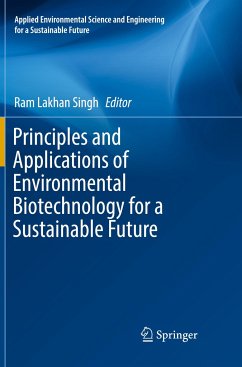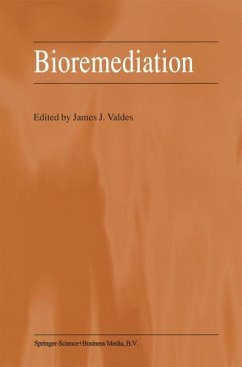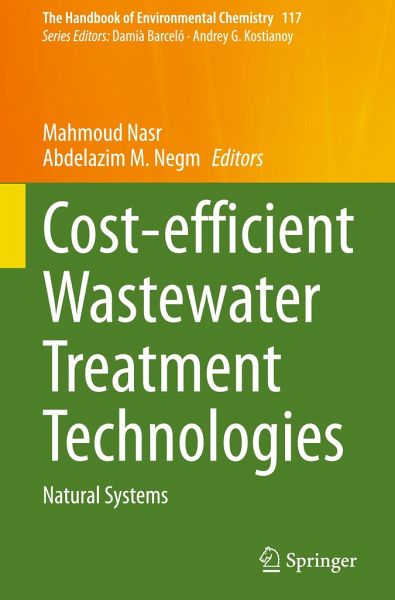
Cost-efficient Wastewater Treatment Technologies
Natural Systems
Herausgegeben: Nasr, Mahmoud; Negm, Abdelazim M.

PAYBACK Punkte
132 °P sammeln!
This is the first of two volumes that together provide a comprehensive overview of the current sustainable and low-cost wastewater treatment technologies applied in communities that lack the financial and technical resources needed for an environmental, disease prevention and health nexus.This book reviews natural wastewater treatment technologies and traces the current challenges in wastewater management and sustainability. Divided into 4 themed parts, the chapters from expert contributors cover topics such as simplified and low-energy natural treatment facilities, bioremediation and biotechn...
This is the first of two volumes that together provide a comprehensive overview of the current sustainable and low-cost wastewater treatment technologies applied in communities that lack the financial and technical resources needed for an environmental, disease prevention and health nexus.This book reviews natural wastewater treatment technologies and traces the current challenges in wastewater management and sustainability. Divided into 4 themed parts, the chapters from expert contributors cover topics such as simplified and low-energy natural treatment facilities, bioremediation and biotechnology for green future, environmental impact assessment of wastewater reuse, wastewater management and sustainability for irrigation, high-performance and cost-effective biosorbents for heavy metals removal, and eco-friendly nanomaterials for wastewater environmental management. The readers will discover essential recommendations for improving natural treatment systems to withstand emerging contaminants, namely, endocrine disruption chemicals, surfactants, personal care products, pesticides, and pharmaceuticals. Readers will also find valuable guidelines to ensure sustainable and innovative solutions for wastewater treatment in the light of climate change, resource, demand, and funding challenges.Given the breadth and depth of its coverage, the book offers an invaluable source of information for researchers, students and environmental managers alike.





